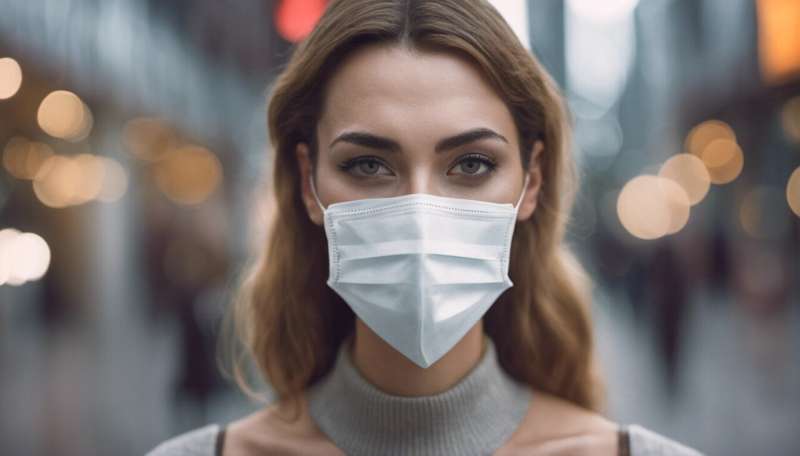Are face masks helping people with allergies?

The masks people have been wearing to help prevent the spread of COVID-19 are also good at filtering out pollen and other allergens floating in the air. For people with allergic rhinitis or allergic asthma, who develop symptoms after breathing in allergens, masks can be really helpful.
Even before COVID-19 caused everyone to start wearing masks, some patients with seasonal allergies used masks on days with extremely high pollen counts or when doing yardwork. Pollen grains can be as small as about 10 micrometers, but surgical masks can catch particles as small as 3 micrometers. Other medical masks can be even more effective. Even the cloth masks most people are wearing in outdoor settings can make a difference, especially those with multiple layers of fabric.
An allergy is essentially the immune system overreacting to something that is not a threat. When pollen comes into contact with the mucus membrane inside the nose, for example, the immune response creates inflammation, which in turn causes congestion, sneezing, and excess mucus. If you can prevent an allergen like pollen from getting inside your nose, you won’t have that response.
Of course, face masks don’t protect your eyes. If you have allergic conjunctivitis—eye allergies—you probably are going to benefit less from wearing a mask over your nose and mouth.
With so many people wearing masks outdoors this year, we’ve seen patients reporting fewer seasonal allergy issues. However, we saw an increase in indoor allergies as people added dogs or cats to their household and spent more time at home. Our houses are the one place most people aren’t wearing a mask, and more patients are seeking treatment for allergies to animals, dust, and mold.
Source: Read Full Article
